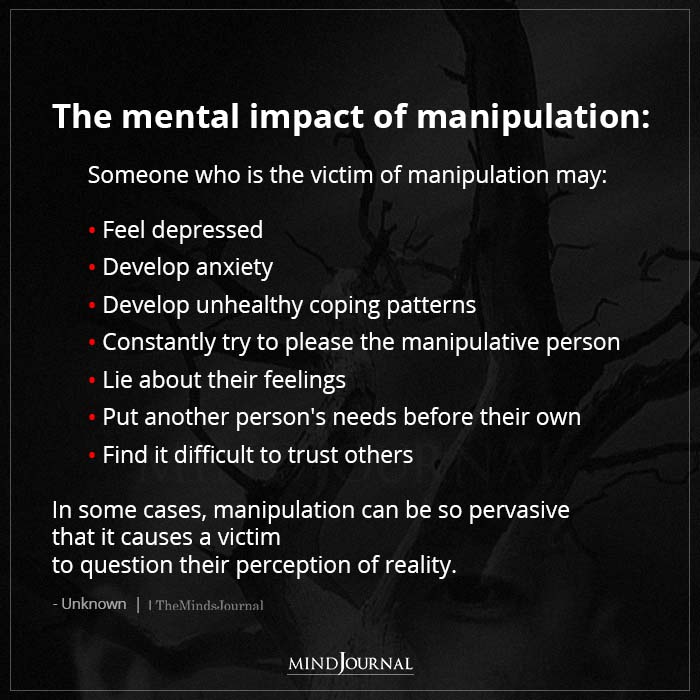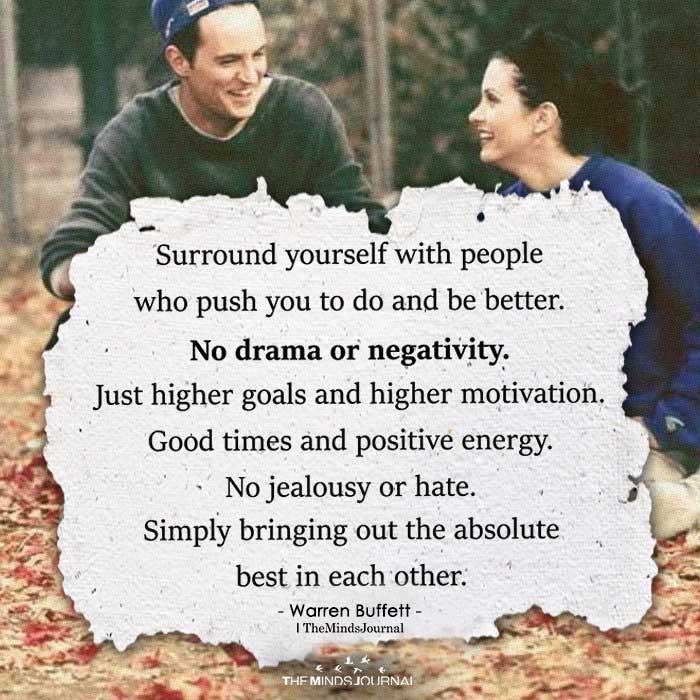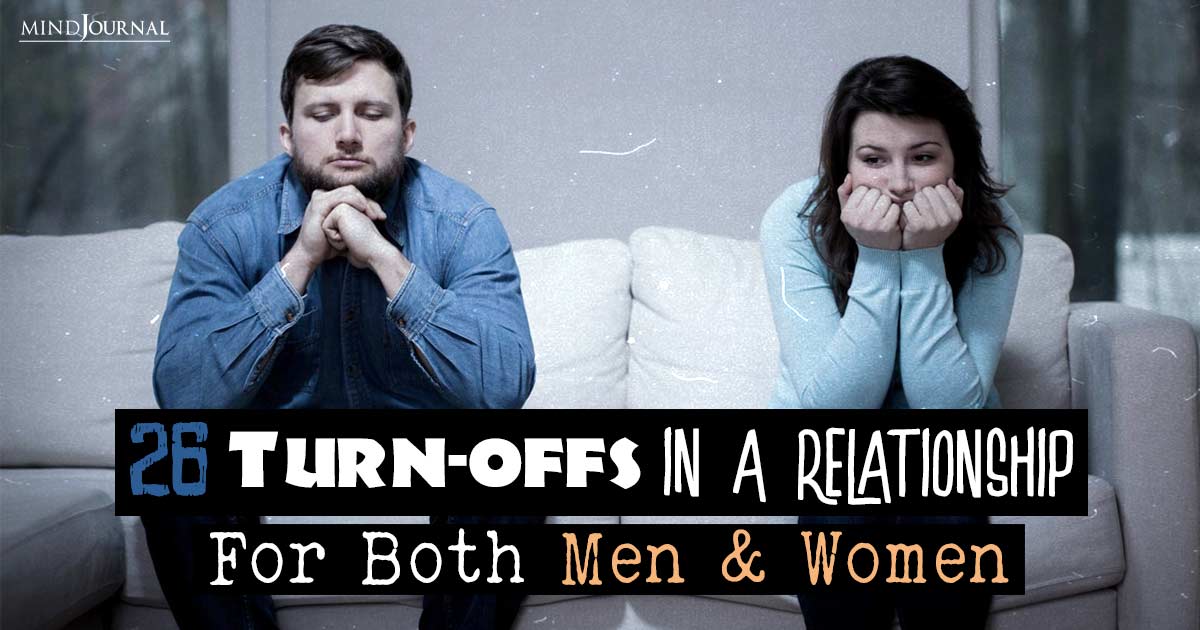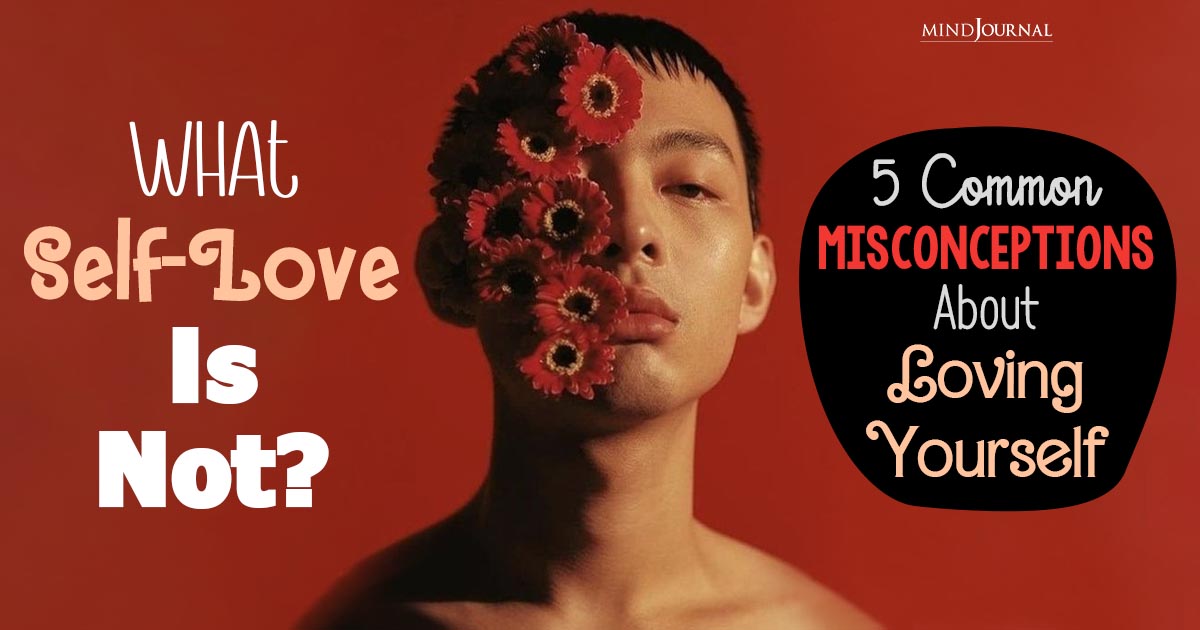Are you crazy about your partner, but getting annoyed by their behavior? Learning about the most common turn offs in a relationship can save your bond!
Relationships are complex and delicate bonds that require nurturing, effort, understanding, and compromise from both partners.
While there is no magic formula for a perfect relationship, being aware of the potential relationship turn offs can help you navigate the challenges more effectively.
In this article, we will explore 26 common relationship turn offs that can hinder the growth of a healthy and fulfilling partnership. By recognizing and addressing these issues, you can cultivate a stronger connection with your partner.
Read: Unlocking The Secrets To A Happy Relationship: 13 Science-Backed Tips
Avoid These 26 Turn-offs In A Relationship
1. Lack Of Communication:
One of the biggest turn offs in a relationship is lack of communication. If your partner cannot express themselves, you’ll be left feeling annoyed and frustrated.
On the other hand, if you cannot express yourself freely without your partner getting all defensive and taking your self-expression as a personal attack, your relationship cannot survive for a long time.
2. Insecurity and Jealousy:
Insecurity and jealousy can breed mistrust and resentment within a relationship, suffocating your partner’s sense of freedom and individuality.
While you both should trust each other, none should use a third person as a form of triangulation to make the other partner feel jealous. This is one of the big turn offs in a relationship that leads partners to break up.
Read: Revealing the Mask: Top 7 Indicators of Unhealthy Jealousy
3. Lack Of Support:
In the course of a relationship, if your partner does not lend you their support when you’re going through a rough patch, it’s one of the examples of turn offs in a relationship.
Similarly, when your partner is going through some kind of struggle, you must be there to support them in any way possible.
4. Excessive Criticism:
Does your partner always criticize you? Criticizing one’s partner, especially in front of others is a major buzz kill.
If you or your partner tend to criticize each other at the drop of a hat, then your relationship is heading toward a dead end.
5. Responsibility:
Whether it’s shared responsibility of chores, financial responsibilities, or shared resources, both partners need to be responsible toward each other and toward themselves.
If you or your partner are being codependent and ignoring your responsibilities, it’s one of the examples of turn offs in a relationship.
6. Lack Of Appreciation:
Do you appreciate your partner enough for all the little things they do for you? Do they compliment you now and then? If not, then this is surely one of the common turn offs in a relationship.
7. Lack of Ambition:
Have you immersed yourself completely in your relationship to the point that you have lost your identity? Do you consider your relationship to be your ultimate ambition?
Check yourself now, because having no personal goal is one of the biggest turn offs in a relationship. Both partners must be attentive toward their individual growth and success.
8. Disrespect:
Treating your partner with disrespect erodes trust and damages the foundation of the relationship. Disrespect includes belittling, name-calling, or dismissive behavior.
9. Boundary Issues:
Neglecting or disrespecting your partner’s boundaries can lead to feelings of violation and a breakdown in trust. Respecting boundaries is essential for a healthy relationship.
10. Withholding Sex:
Sexual intimacy plays a crucial role in many relationships. Withholding sex as a means of control or punishment can create frustration and emotional distance between partners.
11. Lack of Compromise:
An unwillingness to compromise can lead to power struggles and unresolved conflicts. Compromise is vital for finding mutually beneficial solutions.
12. Giving Importance to Third Persons:
Placing the opinions and needs of third parties above your partner’s can make them feel unimportant and neglected. Prioritizing your relationship is essential.
13. Poor Listening Skills:
Being a bad listener and failing to actively engage in meaningful conversations can lead to miscommunication and a sense of being unheard in the relationship.
14. Refusing to Apologize:
An inability or unwillingness to apologize for mistakes and hurtful actions can hinder forgiveness and healing within the relationship.
15. Silent Treatment:
Using silent treatment or ghosting as a form of punishment or avoidance creates emotional distance and prolongs conflict resolution. Open communication is key.
16. Anger Issues:
Uncontrolled anger and frequent outbursts can be intimidating and create an atmosphere of fear and instability within the relationship.
17. Letting Yourself Go:
Neglecting personal hygiene, appearance, and overall self-care can lead to a lack of attraction and emotional disconnection in the relationship.
18. Selfishness:
Constantly prioritizing your own needs and desires without considering your partner’s feelings or well-being can breed resentment and erode the sense of partnership.
19. Manipulation/Controlling Nature:
Using manipulation tactics or exerting control over your partner’s choices and actions diminishes trust, autonomy, and mutual respect in the relationship.
Read: Micromanipulation: 5 Ways A Narcissist Controls You

20. Laziness:
A lack of motivation or effort in contributing to the relationship’s growth, whether in household chores, during intimacy, or during personal development, can create imbalance and dissatisfaction.
21. Bad Hygiene:
Neglecting personal hygiene can be off-putting and affect the physical and emotional intimacy within the relationship.
22. Insufficient Quality Time:
Failing to dedicate enough quality time to your partner can lead to feelings of neglect and a lack of emotional connection.
23. Cheating:
Infidelity undermines trust and can be emotionally devastating to the betrayed partner. Rebuilding trust is a challenging process and both partners should keep that in mind.

24. Constant Fighting/Drama:
Frequent arguments, complaints, and unnecessary drama create a toxic environment and can exhaust both partners, making the relationship feel draining and unstable.

25. Poor Conflict Resolution Skills:
Avoiding conflicts or handling them in a destructive manner can create a toxic environment. Open and respectful communication is key to resolving differences.
26. Hot And Cold Behavior

Hot and cold behavior can be a significant turnoff in a relationship due to the inconsistency and unpredictability it brings.
When someone alternates between extreme warmth and affectionate gestures followed by sudden withdrawal and distance, it creates confusion and emotional instability for their partner.
This behavior can leave the other person feeling insecure, uncertain, and constantly on edge, unsure of where they stand in the relationship. The constant fluctuations in mood and attitude can erode trust and lead to a lack of emotional connection.
Over time, the repeated cycle of hot and cold behavior can become exhausting and disheartening, ultimately pushing the other person away and causing them to question the viability of the relationship.
Let Your Relationship Bloom
Maintaining a healthy and fulfilling relationship requires continuous effort, understanding, and a willingness to address and overcome turn-offs.
By recognizing and addressing these 26 turn offs in a relationship, you can foster a stronger connection with your partner.
Effective communication, mutual respect, trust, and empathy are essential ingredients for a successful partnership. Remember, relationships thrive when both partners actively work towards creating a loving, supportive, and fulfilling bond.
Frequently Asked Questions
What are biggest turn offs for guys?
Women being fake, codependent, rude, disrespectful, and addicted to social media, and frequently complaining are some turn-offs for guys.
What are biggest turn offs for girls?
When guys ignore their partners, show off often, have inflated egos, and make sex a priority over an emotional connection, these become turn-offs for girls.
What are new relationship turn offs?
Not spending enough quality time, bringing in a third person to make a partner jealous, being self-centered, and being addicted to social media or gadgets are some new relationship turn-offs.










Leave a Reply